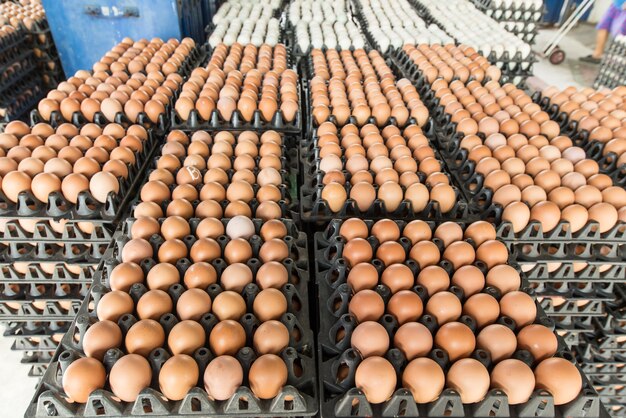Ministry of Agriculture Concerned Over Slow Egg Sales Despite Import Ban

The Ministry of Agriculture and Food Security has expressed deep concern over the sluggish sale of eggs across Lesotho, despite the recent ban on imported eggs. The ban, which came into effect on January 1, was implemented to boost local production and create a stronger market for Basotho poultry farmers. However, sales remain low, raising concerns about possible smuggling of eggs into the country.
In an interview on Thursday, the Marketing Manager of the Department of Marketing within the Ministry, Mrs. ‘Malehlomela Thakabanna, acknowledged that while most Basotho, including business owners and producers, have complied with the directive, some individuals are suspected of violating the ban. She noted that cases of defaulters have been reported, though at relatively low rates.
“We have seen great compliance from local producers and businesses, but the slow sales trend despite reduced prices raises suspicion that eggs are still being smuggled into the country,” Mrs. Thakabanna said.
Local poultry farmers have been struggling with excess stock as demand has not met their expectations following the import ban. Many have lowered their prices to attract more buyers, but the anticipated increase in sales has yet to materialize. This situation is causing concerns over the sustainability of local egg production and the financial well-being of small-scale farmers.
The Ministry is working to tighten border controls and ensure full enforcement of the ban to prevent illegal imports from undermining local businesses. Authorities urge consumers and retailers to support the local poultry industry by purchasing eggs from verified local suppliers.
Mrs. Thakabanna also emphasized that the Ministry is closely monitoring the market and will continue engaging with stakeholders to find solutions that will stabilize the egg industry. She encouraged poultry farmers to maintain production while the government explores strategies to improve demand and distribution across the country.
As the situation unfolds, the government remains committed to supporting local agriculture and ensuring that policies meant to protect Basotho farmers yield the intended benefits.
Join 'Lesotho News' WhatsApp Channel
Get breaking Lesotho news — delivered directly to your WhatsApp.
CLICK HERE TO JOIN



